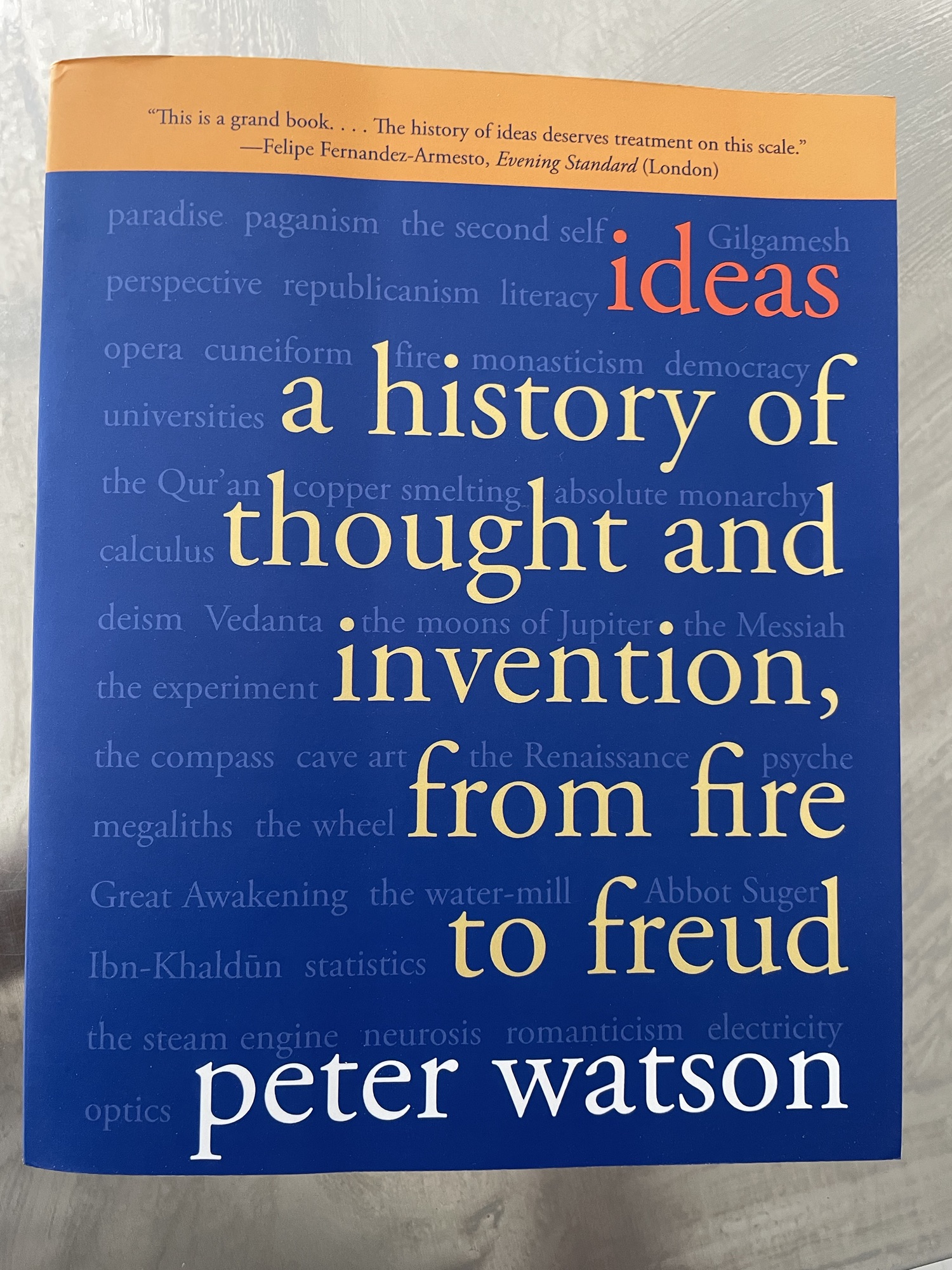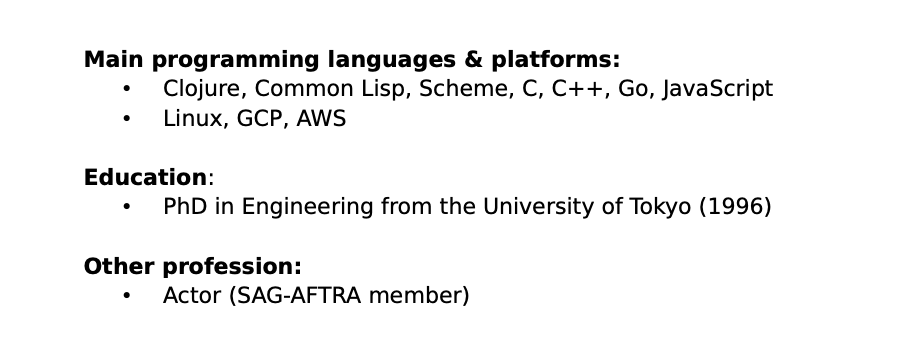
Spider webs

Self Wright

Heard this in a Lex Fridman interview (with George Hotz), wouldn’t have believed it if I didn’t find the clip.
But, yes, it’s true.
1995.
Angelina Jolie.
“RISC architecture is gonna change everything”



(No filters used, only cropping)


I thought this was a cool combination of skills.
This is Shiro, the author of Gauche Scheme, a Scheme implementation you may not have heard of (and if you’re unfamiliar with Scheme itself, some of this post may be lost on you, sorry)
I was going to make a schemer/actor joke but I won’t.
(from https://practical-scheme.net/ShiroKawai.pdf)

P.S. yes, the actor profile checked out!
P.P.S. why the title? you’ll need to read the beginning of Snow Crash …
I’ve gone back-and-forth with different “posting workflows” over the years, and had receded into “WordPress-only” over the last year.
Various recent alternatives:
Meanwhile, I also feel the parent company Auttomatic is (largely) aligned with my values w.r.t. where the internet and content should be.
So, my inclination now is to stick with WordPress basically forever, while cross-posting a subset somewhere else.
Candidates for this “somewhere else” include (1) Twitter/X, (2) Medium and (3) Substack.
That way, WP can continue to be my “everything bucket” for posts, while I’ll try out these other platforms for a few months and see how I like it.
So … looking forward to … looking back on this, in a year or two 🙂
P.S. Yes the title is a cheesy allusion

Didn’t realize just what it takes to start out with a programming assistant — expect prices to go up a lot later!
Individuals pay $10 a month for the AI assistant. In the first few months of this year, the company was losing on average more than $20 a month per user, according to a person familiar with the figures, who said some users were costing the company as much as $80 a month.
Source: this WSJ article from Oct 2023